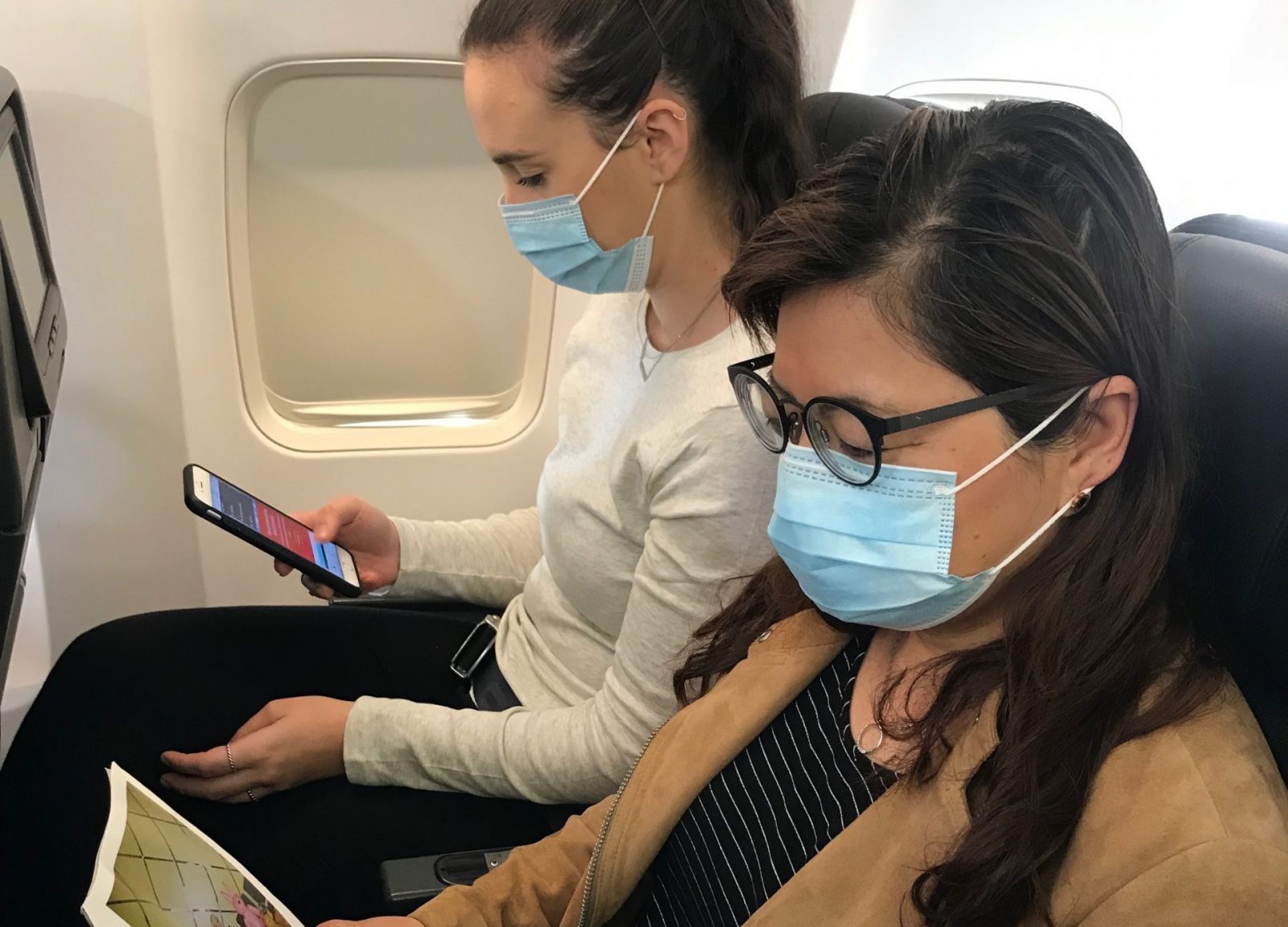
Australian flag carrier Qantas launched a new ‘Fly Well’ initiative on Tuesday in an effort to “give extra peace of mind” to passengers as the airline plans to start ramping up domestic services. Qantas said that a key part of the initiative will be to give face masks to all passengers but wearing them onboard flights will not be mandatory.
The temporary Fly Well programme will be rolled out from June 12 and Qantas claims it is based on “best-practice medical advice” as well as feedback from customers. By giving out face masks at the boarding gate, Qantas says it will be able to abandon a social distancing policy by blocking the middle seat.
The Transport Workers Union (TWU) described the Qantas proposal as “troubling” and called for a national plan to be developed by the federal government rather than decisions being left to individual airlines.
“We’re relying on the cooperation of passengers to help make these changes work for everyone’s benefit, and we thank them in advance for that,” explained Qantas chief executive, Alan Joyce. “Given the great job Australians have done at flattening the curve, we’re confident they’ll respond positively to these temporary changes to how we fly.”
“We’ll continue to work with government and monitor the rollout of these measures closely, which are designed with safety in mind and help people feel comfortable given the new norms that have emerged in response to the Coronavirus crisis,” Joyce continued.
In addition to handing out face masks, the Fly Well initiative includes:
- Hand sanitising stations at boarding gates
- Sanitising wipes given to all passengers so they can wipe down seat belts, trays and armrests
- Enhanced aircraft cleaning with a focus on high contact areas
- Simplified onboard service to reduce interaction between crew and passengers
- Sequenced boarding and disembarkation
In addition, passengers will be asked to limit their movement around the cabin, although Qantas Group Medical Director, Dr Ian Hosegood noted that the “actual risk of catching Coronavirus on an aircraft is already extremely low”.
“Social distancing on an aircraft isn’t practical the way it is on the ground, and given the low transmission risk on board, we don’t believe it’s necessary in order to be safe. The extra measures we’re putting place will reduce the risk even further,” Dr Hosegood insisted.
Research conducted by the airline revealed that 98 per cent of frequent flyers were already planning their next trip once restrictions are lifted.
Related
Mateusz Maszczynski honed his skills as an international flight attendant at the most prominent airline in the Middle East and has been flying ever since... most recently for a well known European airline. Matt is passionate about the aviation industry and has become an expert in passenger experience and human-centric stories. Always keeping an ear close to the ground, Matt's industry insights, analysis and news coverage is frequently relied upon by some of the biggest names in journalism.







